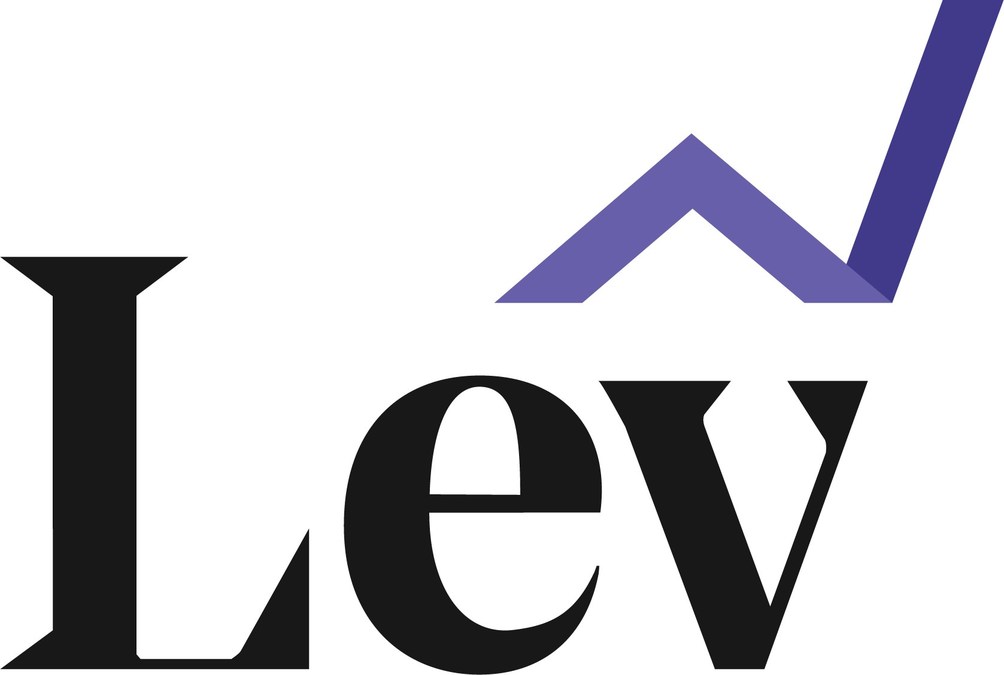The Founders Of This Digital Loan Platform Are Determined To Lead CRE To Fintech

In August 2021, a new commercial real estate loan platform quietly sprung into action, backed by $40M in equity capital raised from institutional and capital investors. In Q1 2022, it is set to close $100M in long-revolving debt raised. With this growth behind it, tech-driven financing firm Lev is ready to launch its new platform Lev Lending into the open amid what Lev Managing Director of Fulfillment Pete Loukas said is the start of a period of change for commercial real estate.
“Now is the time,” said Loukas, who is one of the originators of the Lev Lending tool. “Until now, venture capitalists have viewed CRE as too sleepy and fintech hasn’t touched the space, but CRE is ready for it. Businesses’ previous attempts to introduce fintech to CRE have looked at the software side, but when you’re deploying your own capital and taking on risk, you want to put your money where your mouth is. And it works.”
Lev Lending is an end-to-end direct lending business, built on a tech platform that aims to close deals up to twice as fast as industry standard. It speeds up the process by acting as a lender, deploying the company’s own capital rather than simply acting as a platform between lenders and borrowers. As a company, Lev is focused on using technology to secure loans and advise clients, but this platform is taking the whole process of securing loans online, in a similar way to how a consumer might use an online tool to research and secure a residential mortgage.
A user will start by inputting information into Lev Lending about the type of loan required, which is sent to the tool’s quote engine. Lev’s credit team will pull together a quote and send it back, in a matter of minutes. The process remains just as speedy until the deal is closed, Loukas said, which takes on average 33 days.
“Using technology shaves off a huge amount of time,” he said. “We work with all third parties required, linking to online bank accounts, using DocuSign and so on, which means processes can take minutes. With a lender, sorting tax forms, for example, can take days, but through our online portal borrowers and lenders can see everything, even share information with the council. We’re removing steps for a borrower as we do it all on their behalf.”
CRE Meets Tech
Loukas previously worked in the CRE sector, but was drawn to fintech in the consumer sector, a market he saw as more fast-paced. He was introduced to the founders of Lev in 2021, which drew him back to property. Together they agreed that there was huge potential to introduce technology into how debt is secured in commercial real estate.
“People and relationships enhance a business, but at the end of the day, money is dead, it’s not a live product you can negotiate with,” Loukas said. “Gone are the days when people were willing to use a friend’s business, even if it costs more. To get an investment, you would never walk into a shop and talk to someone. Every product is going online — if you don’t think so, you’re living in another century.”
Loukas predicted that it won’t be long before other financing companies follow suit. He pointed out the transparency in the residential mortgage side; online mortgage calculators changed the way people secure mortgages and forced lenders to publish their rates. Though CRE is more complex, he said change will happen.
“In CRE, the only place this exists is in agency financing,” he said. “But there will be a point where this market will be extremely price transparent and it will happen through technology and speed. If one person gives an immediate quote, you’re suggesting you’ll show your rates and suddenly the market will shift.”
The Clients
While Lev Lending will eventually be targeted at all real estate investors, the team is first focusing on working with small investors, such as high net worth individuals, making purchases in the $1M to $10M range. Loans will stretch up to a 10-year fixed-rate for assets with single-tenant net leases or multifamily assets. The company is targeting total loan volume of $800M for the full year 2022 and $250M a month in 2023.
Loukas said that another facet to Lev Lending that sets it apart from other loan providers is its ability to work with each client’s specific needs.
“Being a friendly debt provider goes a long way,” he said. “You need to offer flexibility. We can do loans on all terms; we’re even going to start doing loans that are co-terminus with lease terms. Many people look at a loan and think, it doesn’t fit my guidelines, but we say no rules, rules. You need to really try to solve a problem for the customer, rather than stuff them in a box that your offering creates.”
Loukas said that the volume of deals closed by Lev Lending so far clearly show that there is appetite for borrowers to use an online platform. Fintech is coming for CRE, he said, and the tide cannot be turned.
This article was produced in collaboration between Lev and Studio B. Bisnow news staff was not involved in the production of this content.
Studio B is Bisnow’s in-house content and design studio. To learn more about how Studio B can help your team, reach out to studio@bisnow.com.

